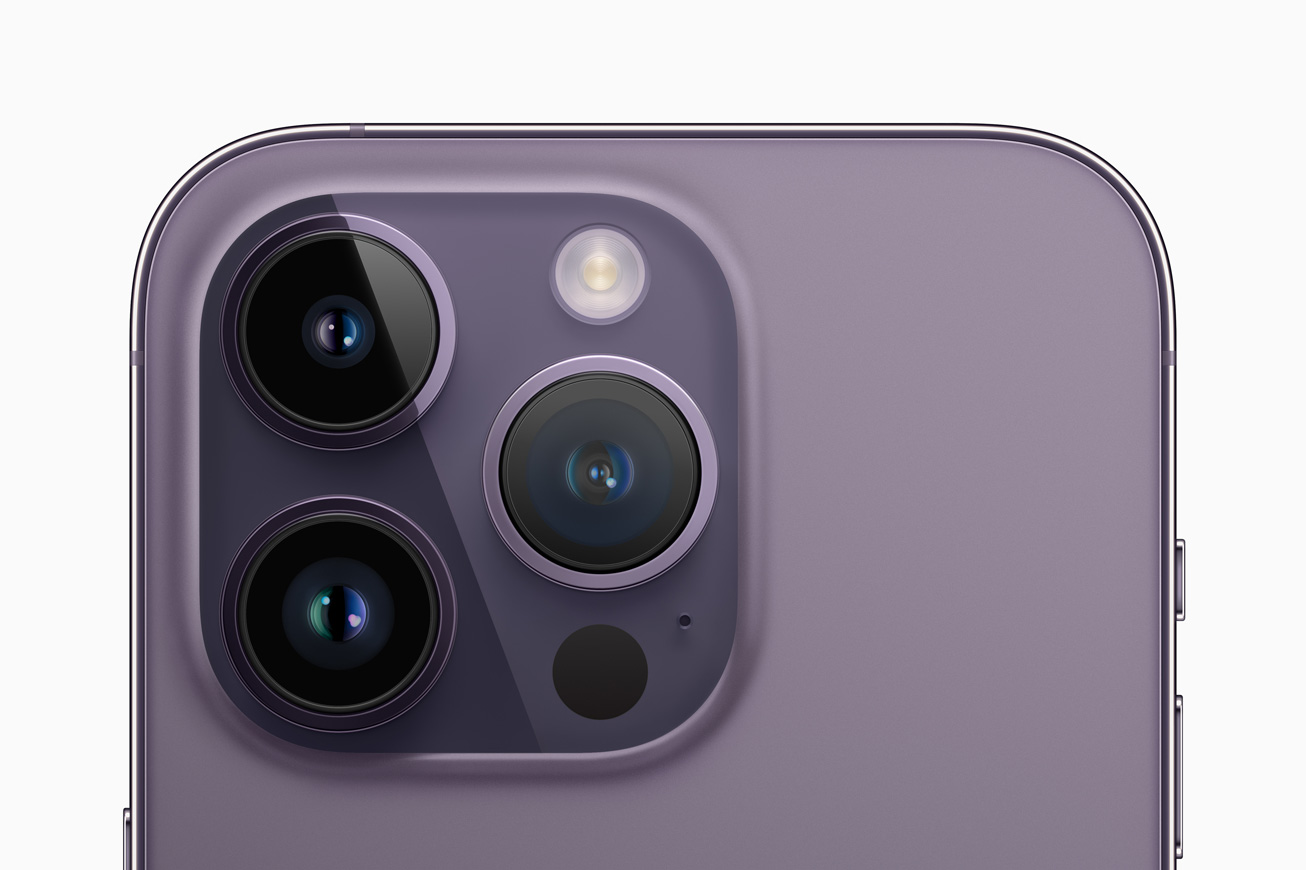Apple insider shares iPhone 15 info
Respected Apple tipster shares details on iPhone 15 range


Get all the latest news, reviews, deals and buying guides on gorgeous tech, home and active products from the T3 experts
You are now subscribed
Your newsletter sign-up was successful
Tim Cook hasn't even sat down after the iPhone 14 launch and the rumour factory is already churning out hot takes about the iPhone 15.
And while most of these hot takes are pure speculation, I've spent enough time tracking Apple rumours to know that analyst Ming-Chi Kuo is always worth listening to. In a series of tweets Kuo made some insightful comments about the likely trajectory of the iPhone 15 – and it's a mix of good news and bad.
Good because some even better tech is coming; bad because the tech gap between the standard iPhone 15 and the Pro and Ultra models – which is what we expect the Pro Max to be called in future – is going to get even bigger.
According to Kuo, it's all about the ASP.
How Apple might split the iPhone 15 range
ASP stands for Average Selling Price and it's exactly what it sounds like: the average price we pay for iPhones of every model. And the more of us buy the more expensive models, the higher the ASP and the more money Apple brings in. So to boost sales of the Pro it looks like Apple will continue the process we've already seen with the iPhone 14 and iPhone 14 Pro Max, with very sharp differences in tech between the standard models and the Pro ones.
As Kuo puts it: "It's the best practice via a precise product segmentation strategy to generate more sales/profits in a mature market."
One way of doing that would be to make the differences between each model more profound. For example, the only difference between the iPhone 14 and iPhone 14 Plus is the screen size; it's the same with the iPhone 14 Pro and iPhone 14 Pro Max. That difference in screen size adds $100/£100 to the sticker price, but if Apple also differentiated the different products in different ways – say, by offering different storage levels, different camera tech (such as the long-rumoured periscope lens we expect to see in next year's Pro models), different flavours of processor or different batteries – it could charge more for each step upwards. That's not brilliant news for you and me, of course, but it's pretty great news for Apple and its shareholders.
Get all the latest news, reviews, deals and buying guides on gorgeous tech, home and active products from the T3 experts
One of the most interesting things Kuo has to say is about Apple's position versus Android: "though hardware innovation has become more challenging and the market has matured, Android camp still poses no threat to Apple in the high-end market due to brand value & ecosystem disadvantages." In other words, once you've invested like I have in Apple's whole ecosystem – iPhone, Mac, Apple TV, Apple One and so on – then you're very unlikely to switch to Android. That effective lack of competition means I'm a captive audience for Apple: if it ups the price of the iPhone 15 Pro I'm very unlikely to jump ship to one of the best Android phones instead. And that voluntary lock-in is something Apple seems keen to exploit.
Writer, musician and broadcaster Carrie Marshall has been covering technology since 1998 and is particularly interested in how tech can help us live our best lives. Her CV is a who’s who of magazines, newspapers, websites and radio programmes ranging from T3, Techradar and MacFormat to the BBC, Sunday Post and People’s Friend. Carrie has written more than a dozen books, ghost-wrote two more and co-wrote seven more books and a Radio 2 documentary series; her memoir, Carrie Kills A Man, was shortlisted for the British Book Awards. When she’s not scribbling, Carrie is the singer in Glaswegian rock band Unquiet Mind (unquietmindmusic).
